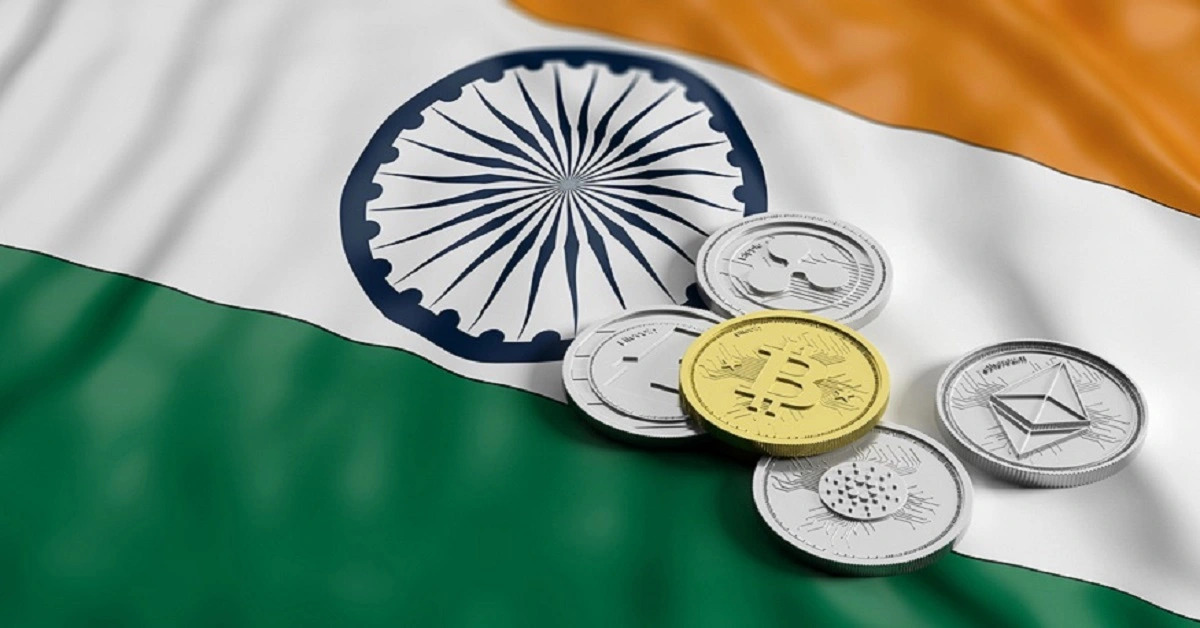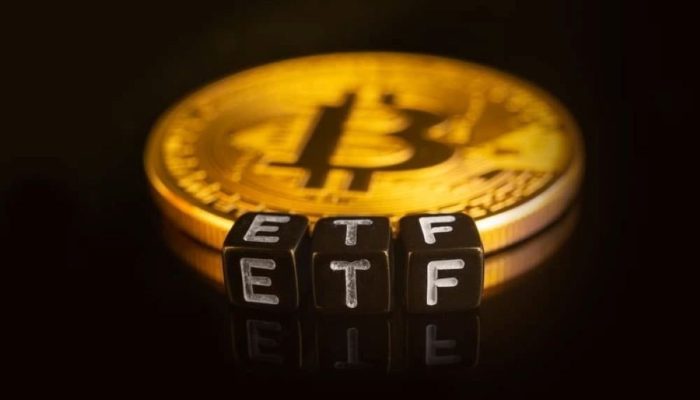Indian Prime Minister Narendra Modi has underscored the imperative of establishing a comprehensive global framework and regulations for cryptocurrencies. In an interview conducted during the G20 summit, Modi accentuated the swift pace of technological evolution. He emphasized that disregarding or dismissing technological advancement is impractical and suggested a focus on adoption, democratization, and a unified approach.
This stance could signify India’s impending entry into the cryptocurrency realm. Given the prior resistance from Indian banks, the success of this move, if approved, would be noteworthy.
Modi’s Positive Outlook on Crypto and AI Regulations
Modi placed significant importance on rationalizing the entire crypto landscape. He highlighted the need to transcend national or regional boundaries, advocating for globally integrated rules. Drawing parallels with the aviation industry’s global standards, Modi proposed a consensus-based model.
“Ignoring or hoping to suppress technological change is futile. Instead, the effort should be directed at prioritizing adoption, democratization, and unity. The regulations and framework, though, should not be confined to a singular country or a group of countries,” PM Modi stated.
Currently holding the G20 presidency, India has extended the discourse on cryptocurrencies beyond financial stability. The ramifications for the industry and the economy are being thoroughly examined. The G20 has reached a consensus and issued directives to relevant regulatory bodies.
Modi acknowledged the insightful seminars and discussions that took place during India’s presidency, which deepened the understanding of crypto assets. His bullish stance on crypto and AI aligns with his counterparts, unsettling countries like China, which had banned crypto mining in 2021.
Recent Developments and the Road Ahead
Despite this positive outlook, India recently released a “Presidency Note” that seeks to establish a global framework for crypto assets. The Financial Stability Board (FSB) introduced guidelines for a worldwide regulatory framework in July. In April, G20 finance ministers and central bank governors echoed the necessity for global policy responses, recognizing the need to avoid confining crypto regulation to a singular region.
Coinbase suspended its trading services in India last year due to “informal pressure” from the Reserve Bank of India, as revealed by Brian Armstrong, the CEO of the crypto exchange. This action was a reaction to regulatory concerns.
In conclusion, India’s potential opening to crypto assets could herald an innovative stride in the nation’s financial landscape. Just as India’s demonetization move garnered global acclaim for integrating previously unaccounted taxpayers into the system, a shift towards embracing cryptocurrencies could signify the initiation of a new era in finance. Prime Minister Narendra Modi’s call for “One Crypto, One Rule” might find resonance as the nation navigates this evolving terrain.
















